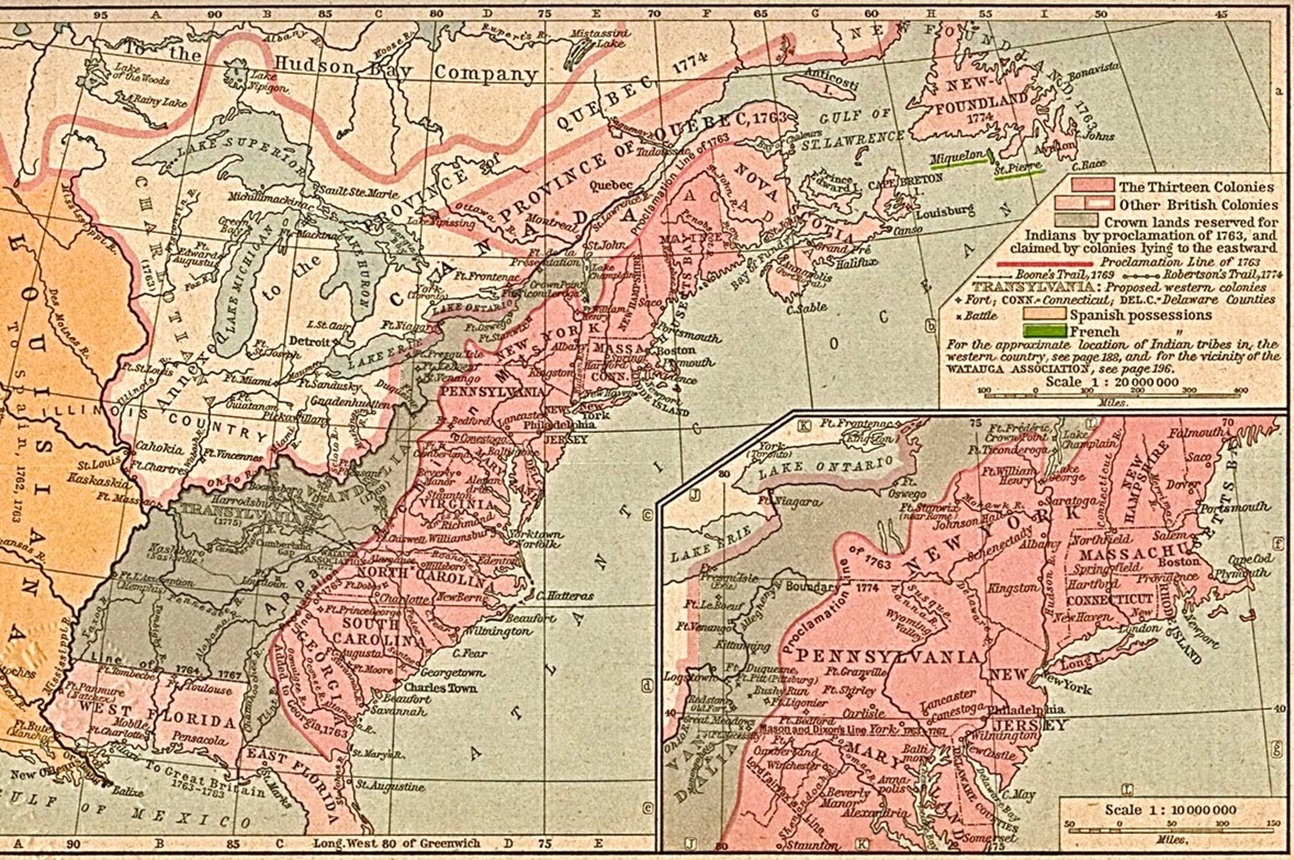
- This event has passed.
Profs & Pints Philadelphia: A Nation That Almost Wasn’t
November 19 @ 6:00 pm - 8:30 pm
$13.50 – $17
Profs and Pints Philadelphia presents: “A Nation That Almost Wasn’t,” on how colonialists’ formation of the United States was anything but a foregone conclusion but happened anyway, with Jessica Choppin Roney, associate professor of history at Temple University, director of the Program in Early American Economy and Society at the Library Company of Philadelphia, and author of Governed by a Spirit of Opposition: The Origins of American Political Practice in Colonial Philadelphia.
At a time of deep political polarization and disagreement over the fundamental nature and direction of our nation, it’s worthwhile to revisit the early history of the United States to see how it resolved the big questions faced in the course of its formation.
We forget now—but Americans back then then were fully aware—that the shape and composition of the still lower-case “united states” was once very much unresolved. The American Revolution played out as both a crisis of empire and a crisis of democracy, and once the thirteen colonies declared independence from Britain it was not at all clear whether the English-speaking people in North America were now one nation, thirteen, or many more.
In essence, early Americans grappled with a question that we ourselves still struggle to answer: What makes us “one people,” as the Declaration of Independence asserted we are?
As settlers moved farther west, it was unclear what was to keep them from breaking away entirely and forming their own states that they could control. Was Vermont going to be a state? Kentucky? Ohio? Who got to decide?
Many of the people in those places declared themselves to be outside the control of eastern state capitals and able to use the same principle of self-determination in the Declaration to say, “We, too, can declare our independence.” Whether that was true, why or why not, and what either conclusion meant for the future of a democratic republic was at the heart of the constitutional crisis of the 1780s.
This talk frames the origins of the US Constitution as a response to the revolution “out of bounds.” Professor Roney will discuss how the founding generation resolved the tension between the right to self-determination and the desire to create one, large, unified nation. She’ll look at work that the Constitution did to meet this end and how did it fell short. And she’ll talk about what the choices made by the founders then mean for us now.
The mechanisms the founders used to foster unity across time and space matter as we think about bridging divisions today. This talk will leave you thinking at a more profound level about what it means to be a citizen of the United States. (Advance tickets: $13.50 plus processing fees. Doors: $17, or $15 with a student ID. Guests are welcome to arrive any time after 5:30. Talk starts at 6:30.)
Image: A map of the Thirteen Colonies and nearby colonial areas just before the Revolutionary War. From the 1923 book Historical Atlas, by William R. Shepherd.


